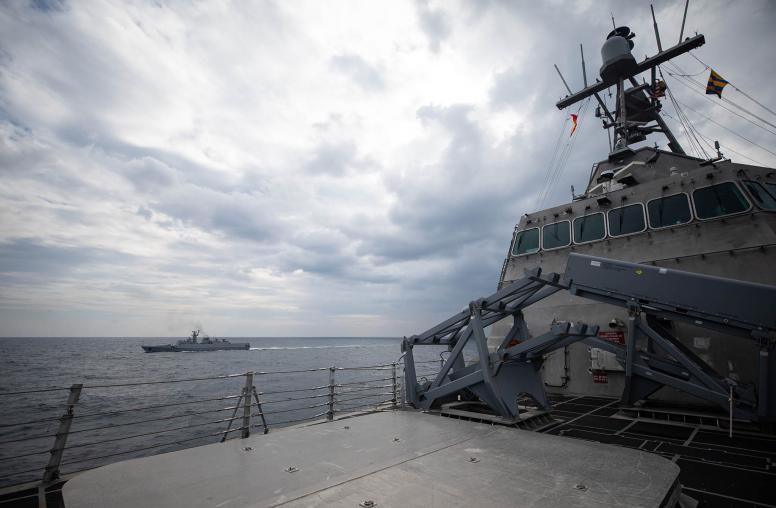Kirkuk: Can It Be Solved?
In the aftermath of the Iraq war, new stressors were unleashed. Manifested in four broad categories—people, oil, free market dynamics, and security—they require careful management to ensure Kirkuk and likely the rest of Iraq doesn’t fracture along several different seams. There are many questions surrounding this management, including:
- How does one deal with the challenges of adjudicating claims, reconciling old disputes and building a foundation for the future cooperation of Kirkuk’s various ethnic groups?
- What kind of role will Kirkuk's oil reserves play in Iraq's economic future?
- How will the unleashing of free market dynamics in Iraq affect Kirkuk?
- How will security threats inhibit the movement of Iraqis through the region, the resurrection of the oil industry and the success of any economic investment?
Speakers
- Wayne Kelley, Managing Director, RSK [UK] Limited
- Ali N. Salhi
Chairman, Free Officers Movement
Chairman, Kirkuk's Economical Development - Judith Yaphe
Senior Fellow, Institute for National Strategic Studies, National Defense University - Daniel Serwer, Vice President and Director, Peace and Stability Operations
U.S. Institute of Peace, Moderator
Media Inquiries
Please contact the Office of Public Affairs and Communications at 202.429.3832.




